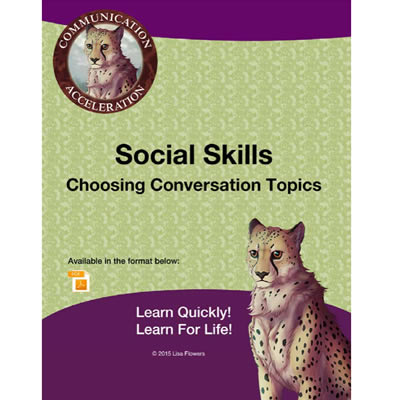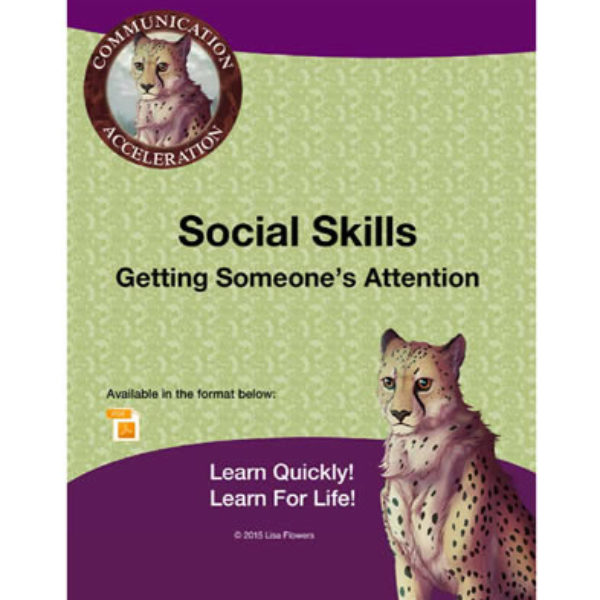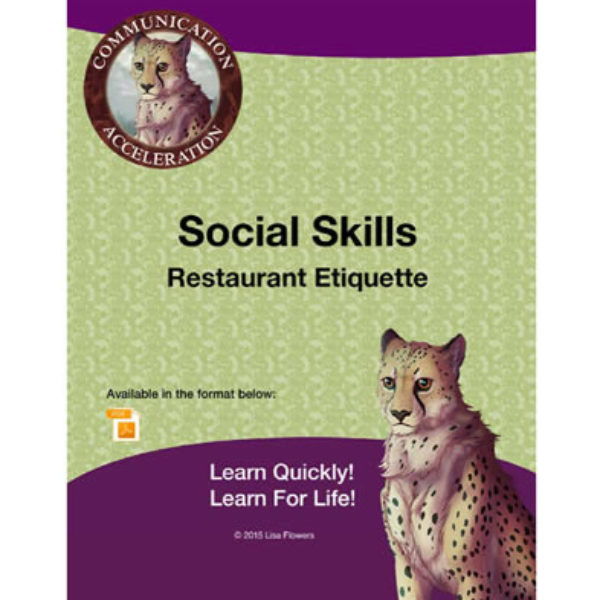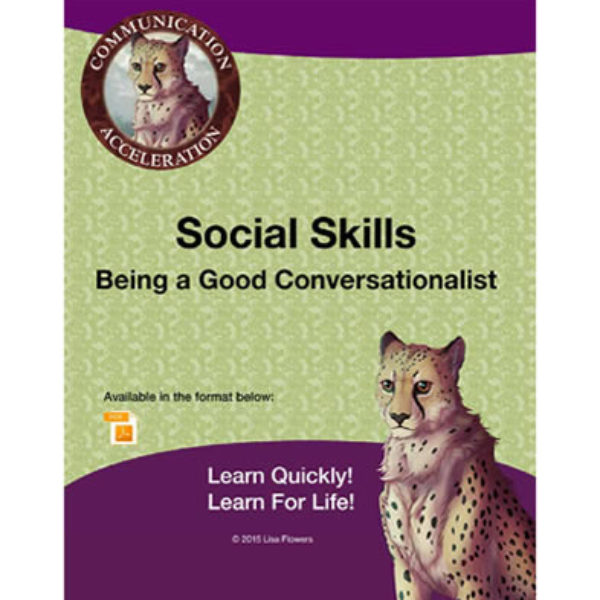Description
Social Skills: Choosing Conversation Topics
When I ask my students which social skills they would like to work on, one of the skills they most frequently mention is choosing topics for conversation. I tell them a good topic should have three characteristics: the conversation participants should find it interesting; they should have it in common, meaning each participant can have something to say about it; and it should be appropriate, meaning non-offensive to everyone in the conversation. An exception to the rule of commonality is when one of the participants is telling a story or informing the others about a topic. There are also exceptions to the rule of appropriateness (also known as “don’t discuss sex, politics, or religion”), depending on with whom you’re talking. For example, I tell my students that it can be appropriate to discuss sex with a close family member, friend, or counselor. I use the handout as a checklist. During group sessions, every student and I fill out our own handouts. As we go through each topic together, we place to check if we find the topic interesting, if we know something about it and would have something to say about it, and if it’s appropriate for a discussion with our specific group. We place X’s if not. Then we highlight the topics that received checks across the board on everyone’s handout. Those are deemed the good topics, which we’ll then use for conversation. I point out to my students that “good topics” vary depending on who is in a conversation. For example, I don’t find sports interesting, but a different conversation may take place where everyone is interested in sports.








